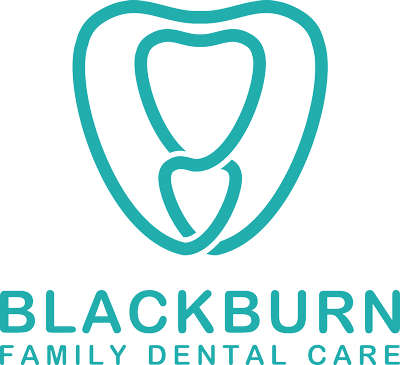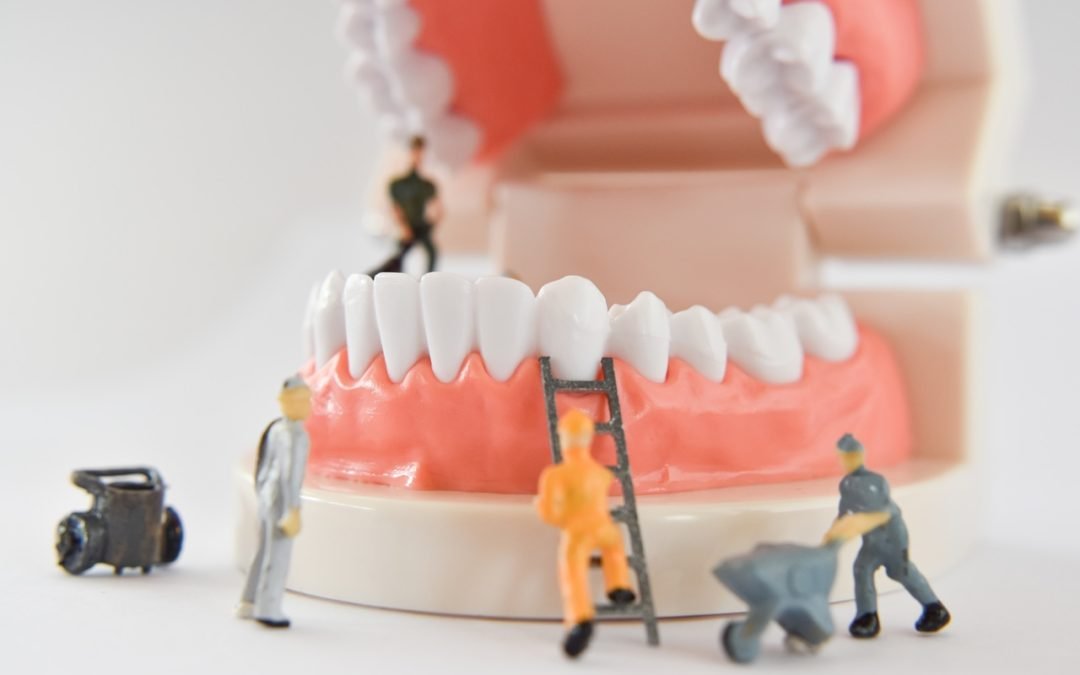The friendly dentists at our Blackburn North dental clinic will be there to advise which is the better option for your circumstances, but read on if you would like to know more about whether you should save or extract your tooth and how it can be done.
Why Should You Save A Tooth?
The main reason you save a tooth is that natural teeth are still more durable, function better, and are easier to care for than dental prosthetics.
There are also cosmetic benefits to saving your tooth. When you extract a tooth, you also remove the roots that support your jaw, causing the surrounding bone to collapse and giving the person an aged appearance. Extracted teeth may also leave a gap in your smile, lowering your self-esteem and causing you to smile less.
Furthermore, the resulting gap can cause the surrounding teeth to shift and disrupt the natural structure of your mouth, potentially leading to bite and alignment issues, as well as damaging the surrounding teeth.
In addition, replacing an extracted tooth with a dental implant or bridge will require further dentist visits, costing you more time and money than saving the tooth might have otherwise.
How Can A Dentist Save Your Tooth?
If you have a tooth that has been diagnosed with irreversible inflammation (also known as irreversible pulpitis, a dead tooth or necrotic pulp), you will require root canal treatment in Blackburn. Through this procedure, your dentist disinfects and cleans the inside of your tooth to remove any decay or damaged pulpal tissues.
After the canal has been cleaned, it will be filled with a special sealant to protect the teeth from future infection and covered with a crown to protect the remaining tooth and help it retain its strength.
Root canal treatments are performed under local anaesthesia, so you will experience minimal discomfort, with the procedure usually having a quick recovery time. With root canal treatment, you can maintain your natural tooth while eliminating the source of pain.
In short, saving your tooth via root canal treatment can:
- Prevent the loss of the tooth.
- Prevent the pulpal infection from spreading past the root tip (aka as root apex) to the bone and soft tissues adjacent to it. This can sometimes manifest as a swelling or a draining sinus of pus.
- Maintain the aesthetics of your tooth without relying on prosthetics such as dentures, dental implants or dental bridges.
- Maintain the shape of your original jawbone.
- Save you costs and time spent on further trips to the dentist.
When Should You Extract A Tooth?
While it is usually preferable to save a tooth rather than extract it, there are times when extraction is the best option. Extraction may be the best option if the tooth is severely cracked below the gum line due to trauma or is irreparably weak due to severe decay. Sometimes even though a root canal can be successfully done, the tooth may still “fail” or break because the remaining structure is too weak.
An example of this is where the tooth has had fillings in the past and there isn’t much tooth structure left; oftentimes in these cases stronger restorations like crowns or onlays are not possible due to the small amount of tooth structure left. Tooth extractions are also viable for removing overcrowded or impacted teeth. In some cases, if straightening of your teeth is something that you wish to do in the future, the best solution may be to remove the tooth if it is strategic to that goal of straightening – especially if your teeth are extremely crowded.
How Does A Dentist Extract A Tooth?
Depending on whether your tooth is visible or impacted, your dentist can extract your tooth in one of two ways.
Simple Extraction
In a simple extraction, when the tooth is visible and easy to reach, your dentist will apply a local anaesthetic which will numb the area around your tooth so that the procedure will have minimal discomfort. Your dentist will then use a dental tool called an elevator to loosen the tooth and remove it with a pair of forceps. This is normally done uneventfully in the dental clinic chair.
Surgical Extraction
In situations where the affected tooth is below the gum line, the roots are curved or there is dangerous anatomical landmarks close to the tooth such as a nerve of sinus, a more complicated surgical procedure is required to remove the tooth – such as reflecting gum tissues for better access and visibility and reducing bone or tooth for an easier removal. Most surgical extractions can also be done in the chair with the occasional situations where you may be given a general anaesthetic to put you to sleep during the procedure. Your friendly dentist will advise you on the best options for your individual situation.
What Happens After A Tooth Extraction?
Once your tooth is removed, your dentist will make a decision whether stitches are required or not. In the majority of the simpler extractions, stiches are generally not utilised. Stitches are normally utilised to oppose the gum tissues closer to each other to facilitate faster healing.
Once the anaesthesia wears off, you may feel pain from the tooth extraction, which your dentist may prescribe pain-relief medication for. It is recommended to avoid hot foods and drinks directly after the procedure to minimise the risk of burning your mouth as you won’t be able to gauge the temperature. It is also recommended that you don’t spit, and to avoid irritants like alcohol and smoking/vaping for at least 24-48 hours.
In general, tooth extraction discomfort generally takes 10-14 days to go away, but be sure to contact your dentist if you have any complications after the procedure – such as severe ongoing pain, excessive bleeding, or a fever.
Save Or Extract Your Tooth With Blackburn Family Dental
If you are looking to resolve a problematic tooth, Blackburn Family Dental Care is here to provide you with professional teeth extraction or root canal treatment services by our experienced team of dentists.
With reasonable rates and a wide range of private health coverages, we’re also your go-to emergency dentist in Box Hill, Burwood, Mitcham, and Canterbury. For more information, contact our caring and friendly dentists in Blackburn today!

